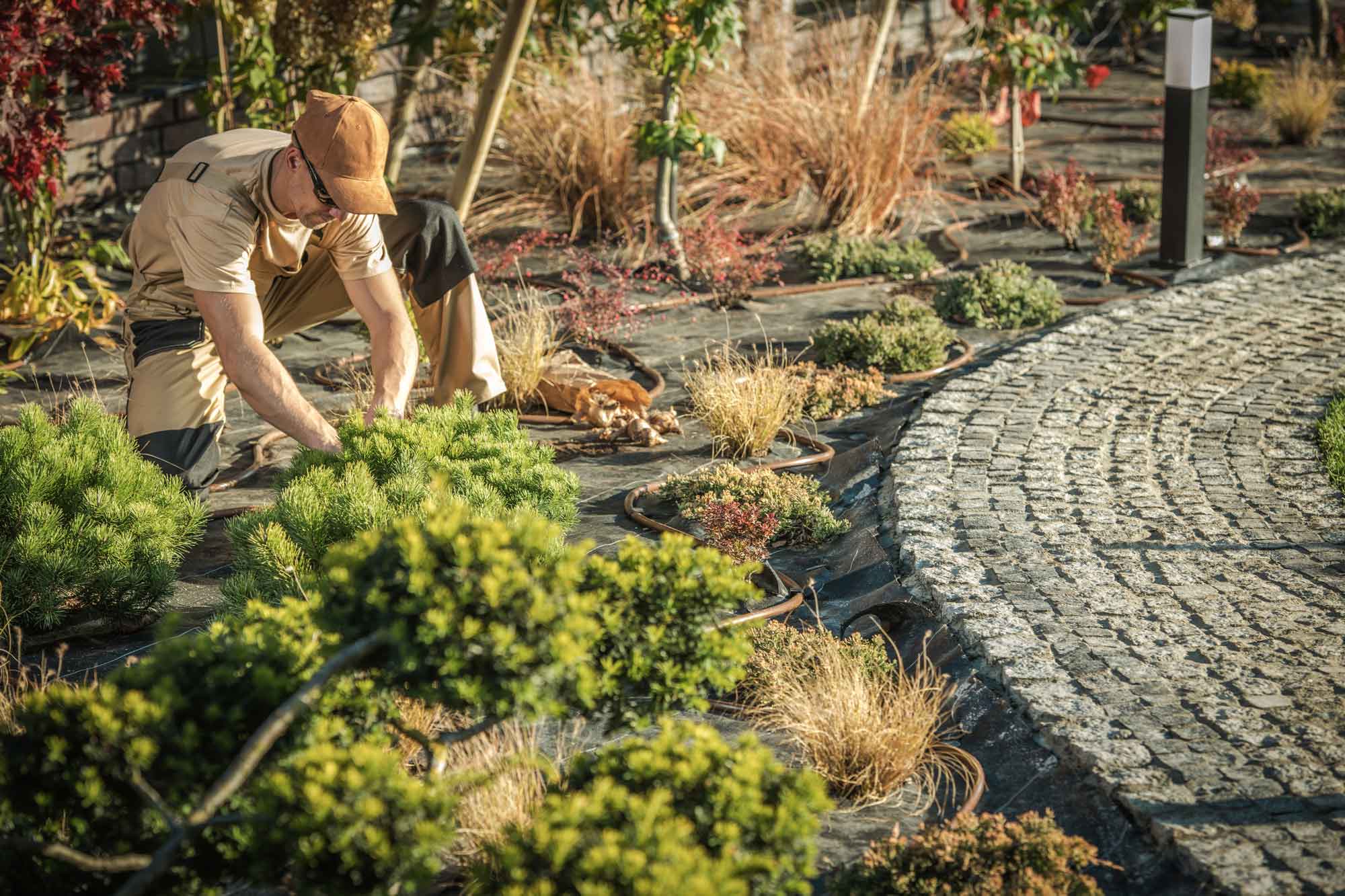Denver weather plays a major role in the overall health of your soil. Spring thaws, summer storms, and excessive wind can lead to soil erosion, which can pose a whole host of problems. The loss of topsoil, water runoff, and even property damage can be the result of soil that’s been left to erode over time. Luckily, there are several solutions for keeping your soil where it belongs in your Denver landscape.
Understanding Your Landscape
Your property is unique and its slope, soil type, and drainage patterns will determine your erosion risk and what solutions will work best. Steeper slopes, for example, are more susceptible to erosion, because water travels downhill, taking soil along with it. Landscapes with loose soil can also be more prone to erosion.
Start by observing your property and taking note of potential erosion risks. If you’re not sure what to look for, ask a professional arborist for help. We can provide solutions to keep your soil healthy.
Natural and Sustainable Solutions
There are several natural ways to protect your soil from eroding, like planting vegetation, mulching, and creating rain gardens.
Planting Vegetation
Planting shrubs, trees, and ground cover can keep soil in place. Their fibrous root systems grow into the soil and tie it in place, so it sticks around. Ground cover like creeping phlox and wild stonecrop are great choices for sloped landscapes.
Mulching
Denver’s hot, arid climate can dry out soil and make it difficult for your soil to absorb water. By adding mulch, you’re providing a protective layer to help with water absorption and keep water from flowing right across the dirt (which can lead to erosion.) Mulch also keeps weeds from growing in your yard and protects your tree’s roots from being exposed to the elements.
Creating Rain Gardens
Rain gardens are excellent additions to Denver properties. These depressed areas are filled with plants like grass and flowering perennials to soak up excess rainwater and runoff on your property. This keeps water from flowing across vulnerable soil and prevents erosion. It also serves as a beautiful focal point in your landscape.
Structural Solutions
Sloped landscapes and areas that are prone to more severe erosion need extra protection. Structural solutions like terracing, gabion walls, and slit fences can all help to protect the soil from being whisked away.
Terracing
Terracing creates leveled, short steps that are installed down a slope. This reduces the amount of runoff on sloped areas and keeps soil from eroding down the hill. A well-constructed terrace will ensure that your topsoil doesn’t wash away along with the nutrients underneath.
Gabion Walls
A gabion wall is a type of retaining wall that’s made from stacked stones that are tied together with wire. These walls keep your soil where it belongs while allowing water to pass through at a slow trickle. This effectively prevents erosion.
Slit Fences
Slit fences are a temporary fix during construction or when you’re planning out a more permanent solution for erosion control. Metal stakes hold a fabric upright to act as a barrier so that your topsoil remains intact when heavy rain and runoff occur.
Additional Tips for Erosion Control
Without a plan for erosion control, your soil and property can quickly become damaged. Here are some additional ways to protect your topsoil and ensure that your landscape is protected from water runoff:
- Direct your downspouts away from the foundation to keep water away. This prevents soil erosion around your house.
- Minimize the amount of foot traffic that occurs on bare soil. This is especially important on sloped landscapes.
- Consult a professional arborist for help in determining the best solutions for complex erosion problems.
Contact American Arbor Care Today!
At American Arbor Care, we’re committed to keeping Denver landscapes healthy and thriving. If you’re concerned about erosion on your property, contact us today. We’ll help you determine the best solutions for your unique space to prevent erosion for good.


